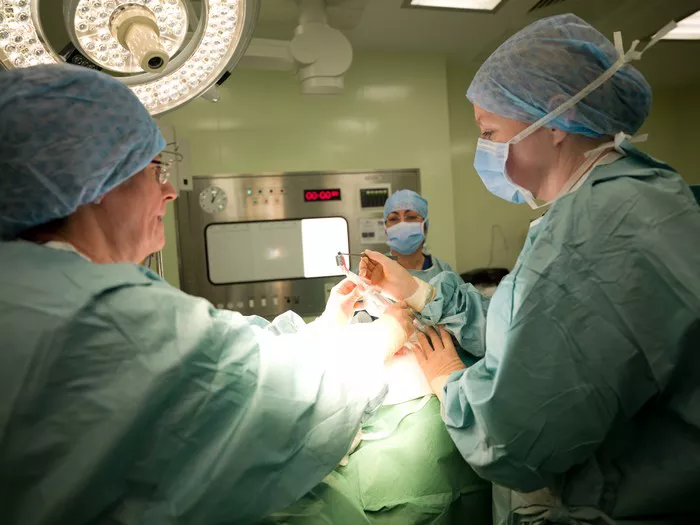Dr. Alastair Thompson, a distinguished figure in surgical oncology and chief of the Division of Surgical Oncology at Baylor College of Medicine, recently addressed ongoing clinical trials investigating de-escalated treatment approaches for early-stage breast cancer patients during his presentation at the 23rd Annual International Congress on the Future of Breast Cancer® East.
Thompson focused on the potential omission of surgery and other therapies in certain patients with early-stage breast cancer, highlighting several trials currently underway in this area. Notably, he discussed the phase 3 HERO trial (NCT05705401), a randomized study evaluating HER2-targeted therapy with or without radiation therapy in the adjuvant setting following breast-conserving surgery for early-stage, low-risk HER2-positive breast cancer. This trial specifically includes patients with tumors smaller than 3 cm and node-negative disease, all of whom undergo neoadjuvant therapy and surgery before randomization.
Additionally, Thompson addressed the OPTIMIST trial (NCT05505357), taking place in South Korea, which explores omitting surgery in early-stage breast cancer patients who achieve a pathological complete response to neoadjuvant therapy as assessed by MRI and vacuum-assisted biopsy. Eligible patients may have HER2-positive or triple-negative breast cancer. Surgery will be omitted if no residual tumor cells are found on biopsy, provided certain criteria are met regarding tumor size and MRI characteristics. Despite omitting surgery in select cases, all patients in this trial will still receive radiation therapy.
Dr. Thompson emphasized that these trials have the potential to significantly influence the future management of early-stage breast cancer by exploring the feasibility and safety of reducing invasive treatments like surgery and radiation therapy in specific patient populations. He concluded that the outcomes of these trials could lead to more personalized and minimally invasive treatment strategies for breast cancer patients.
Related topics:

